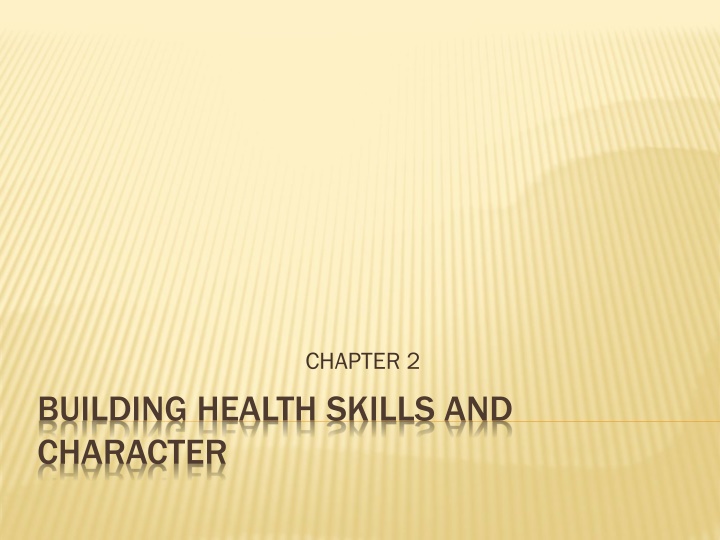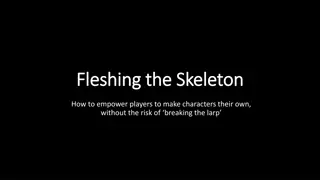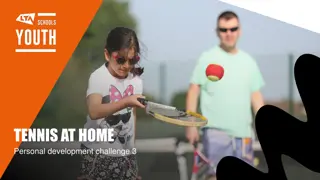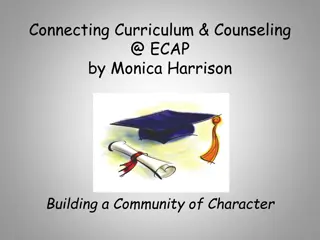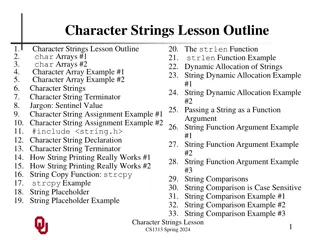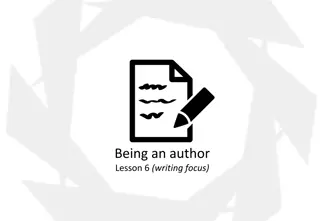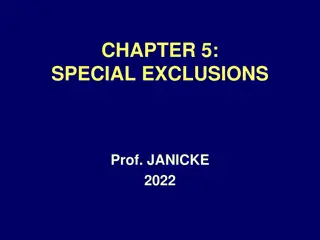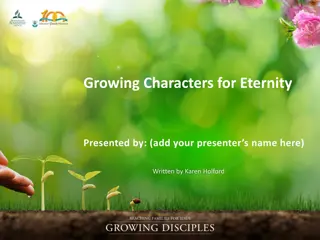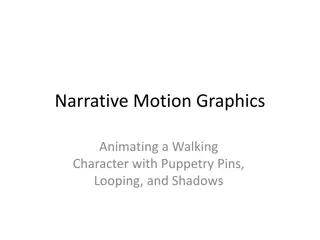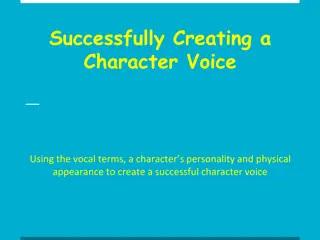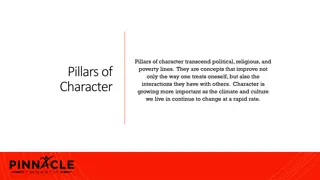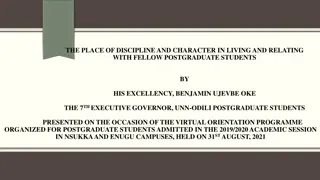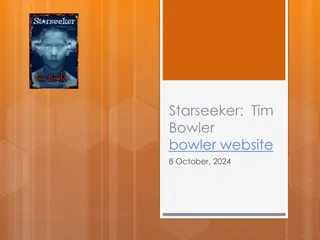Building Health Skills and Character
Building health skills is essential for maintaining overall well-being. This chapter explores various skills such as interpersonal skills, effective communication, refusal skills, and conflict resolution. Learn how these skills can help you protect your health and make positive choices in different situations.
Uploaded on Mar 16, 2025 | 1 Views
Download Presentation

Please find below an Image/Link to download the presentation.
The content on the website is provided AS IS for your information and personal use only. It may not be sold, licensed, or shared on other websites without obtaining consent from the author.If you encounter any issues during the download, it is possible that the publisher has removed the file from their server.
You are allowed to download the files provided on this website for personal or commercial use, subject to the condition that they are used lawfully. All files are the property of their respective owners.
The content on the website is provided AS IS for your information and personal use only. It may not be sold, licensed, or shared on other websites without obtaining consent from the author.
E N D
Presentation Transcript
CHAPTER 2 BUILDING HEALTH SKILLS AND CHARACTER
LESSON 1 BUILDING HEALTH SKILLS Health Skills- or life skills and are specific tools and strategies that help you maintain, protect and improve all aspects of your health.
INTERPERSONAL SKILLS The exchange of thoughts, feelings and beliefs between two or more people.
EFFECTIVE COMMUNICATION SKILLS Clearly say what you mean-use I messages Pay attention to how you say something-use a respectful tone, check facial expressions. Be a good listener-avoid interrupting the speaker, show you are listening-nodding etc
EFFECTIVE COMMUNICATION http://www.youtube.com/watch?v=nhe0KSGo Ugc http://www.youtube.com/watch?v=DK4iU_Crw PM&feature=fvwrel http://www.youtube.com/watch?v=FTr7mRs1ix g
REFUSAL SKILLS Communication strategies that help you say no when you are urged to take part in behaviors that are unsafe, unhealthful, or go against your values.
REFUSAL STRATEGIES Say No in a firm voice Explain why Suggest alternatives Use appropriate body language Leave if neccesary http://www.youtube.com/watch?v=wHBCPY- 03Hk&feature=related
CONFLICT RESOLUTION SKILLS The process of ending a conflict through cooperation and problem solving. The key is respecting others rights and your own. Follow these steps-calm down think it through, speak calmly, listen ask questions when it s ok, use a polite tone and try to brainstorm to resolve the conflict peacefully.
CONFLICT RESOLUTION EXAMPLES http://www.youtube.com/watch?v=mOcOEZIn mwg http://www.youtube.com/watch?v=Z83KQ_IHlz k&feature=related
SELF MANAGEMENT SKILLS Practice Healthful behaviors-choices you make today will affect your health in the future. Managing stress: Stress management: learning ways to deal with or overcome the negative effects of stress. Ex: physical activity, music, managing your time, take a warm bath, laughing.
ANALYZE INFLUENCES Internal influences-knowledge, values, likes, dislikes, and desires, things based on your experiences and your perspective on life. External influences-outside sources, include your family, your friends, peers, environment, culture, laws, and media.
ACCESSING INFORMATION Learn how to get the RIGHT information. Parents, trusted adults, teachers Library, encyclopedias Reliable internet sites Newspaper, magazines Government agencies, health care providers, health organizations.
ADVOCACY Taking action to influence others to address a health related concern or to support a health related belief.
LESSON 2 MAKING RESPONSIBLE DECISIONS AND SETTING GOALS Decision Making Process: steps that enable you to make a healthful decision. 1. State the Situation 2. List the Options 3. Weigh the possible options 4. Consider Values 5. Make a decision and act 6. Evaluate the decision
SETTING PERSONAL HEALTH GOALS Goal: something you aim for that takes planning and work. Helps build self-confidence, self esteem and improve your health.
TYPES OF GOALS Short term goal- finishing a project by Friday, cleaning your room before dinner are examples of goals in a short period of time. Long term goal- goal that is reached over an extended period of time. Long term goals-
ACHIEVING YOUR GOALS Action Plan- multistep strategy to identify and achieve your goals. Steps- set a specific, realistic goal and write it down. List the steps that will help reach your goal Identify sources of help and support Set a reasonable time frame for reaching your goal Evaluate your progress by establishing checkpoints Reward yourself for achieving your goal.
BUILDING CHARACTER Character- those distinctive qualities that describe how a person thinks, feels, and behaves.
DEVELOPING YOUR CHARACTER Stand up for your beliefs Learn from people who demonstrate good character traits-ask family for tips Join volunteer groups in your school and community. 3H club BHS, family or someone you look up to.
POSITIVE ROLE MODELS Role model-someone who s success or behavior serves as an example for others. Who is your role model why are the your role model???
DEMONSTRATING CHARACTER Make a difference at home HOW? Make a difference at school HOW? Make a difference in your community HOW?
